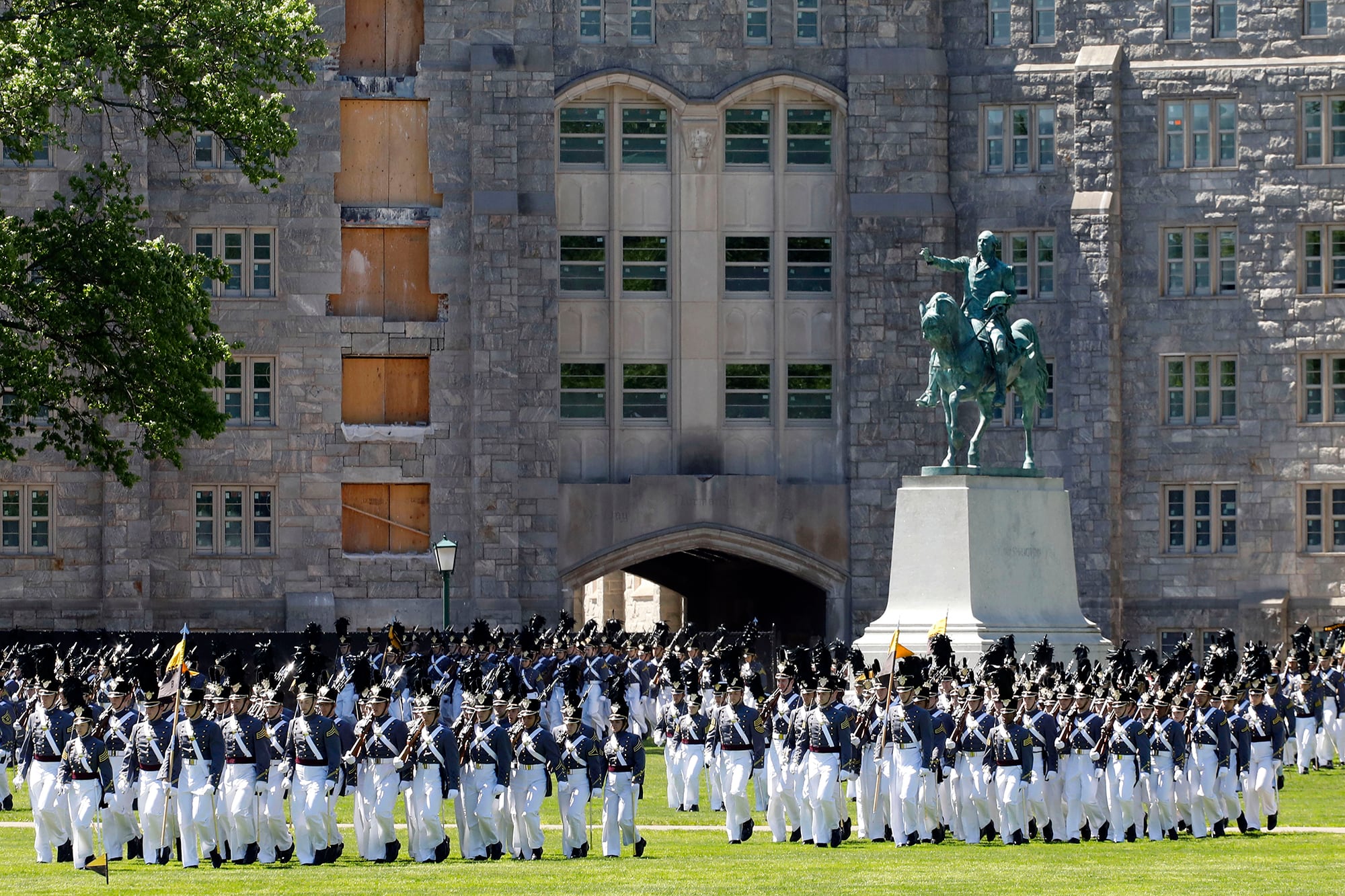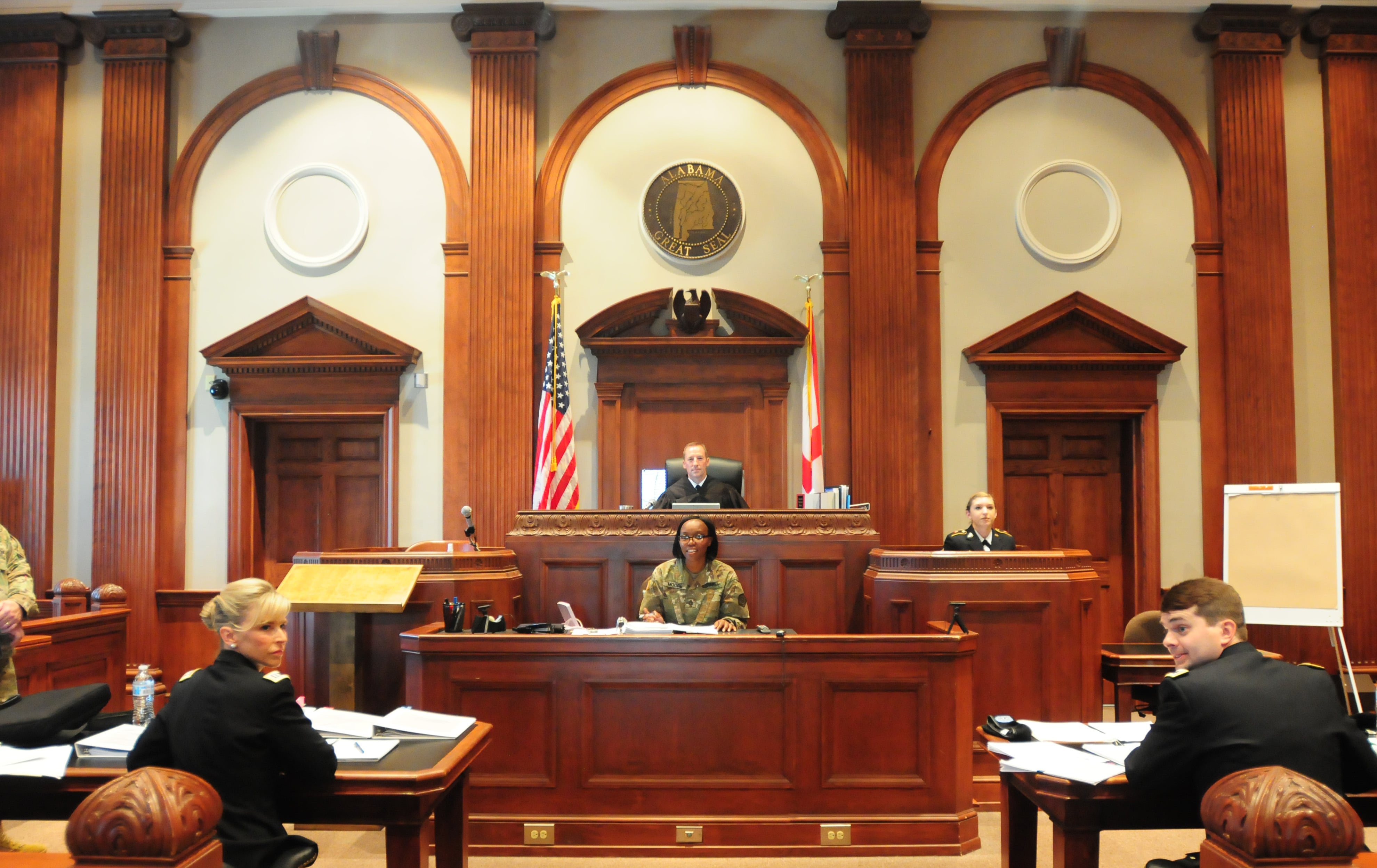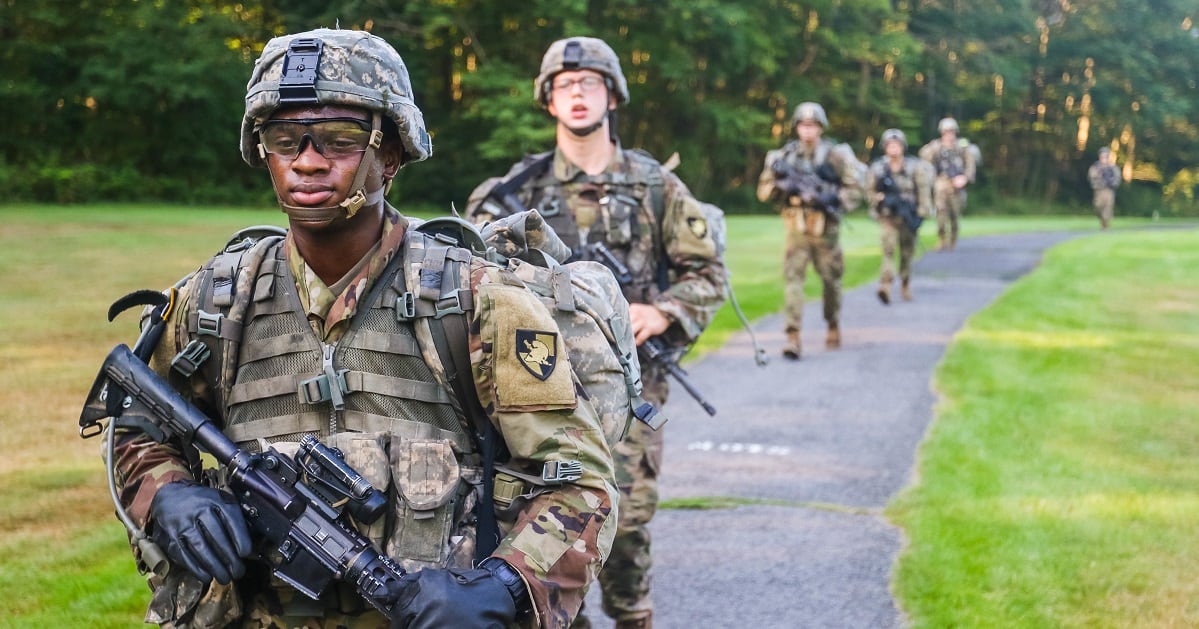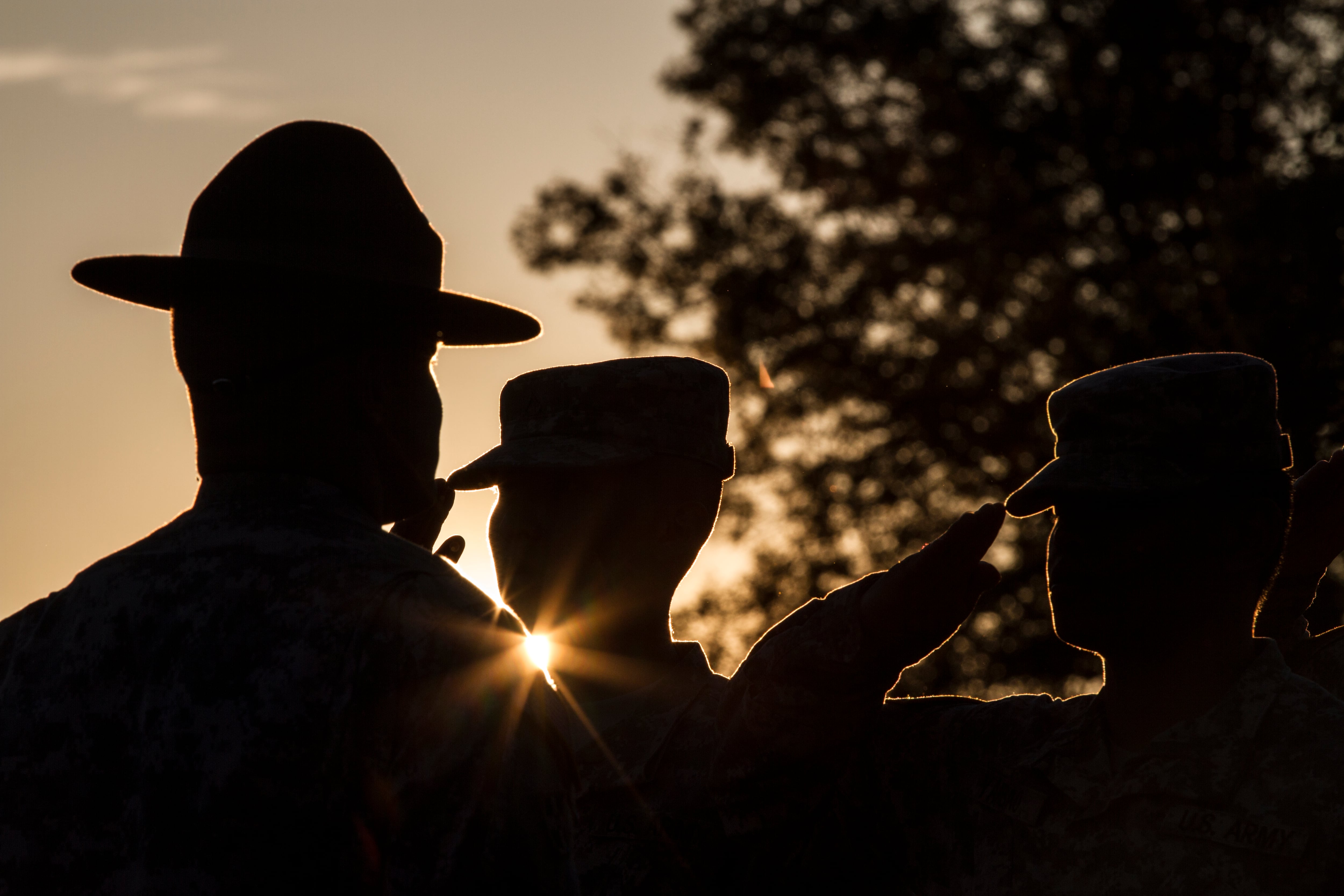West Point’s superintendent said he will take action regarding a 40-page policy proposal on racism at the U.S. Military Academy in New York after an investigation completes in the early fall.
The policy proposal was written by nine recent graduates and sent to his office in late June. It included testimony from cadets who said they endured racial slurs and racially based harassment that wasn’t properly investigated when reported to those in their chains of command.
After receiving the document, West Point Superintendent Lt. Gen. Darryl A. Williams directed his inspector general’s office to begin a formal investigation into the allegations raised by the former cadets.
“It’s very important we’re looking at this, and I welcome the feedback,” Williams said at an Association of the U.S. Army event Wednesday. “Oftentimes, we don’t stop and take time to listen. But it’s incumbent on leadership, once we’ve listened, that we take action. So we look forward to taking action. We’re taking action now.”
RELATED

Williams did not discuss in detail what actions would be forthcoming, saying the ongoing nature of the investigation precludes him from doing so.
“It’s an investigation, so I have to be careful about commenting, but we have taken that on and we’re looking at it in a very deliberate way,” he added. “What I will tell you is, it’s an opportunity to review how we’re doing business here at West Point.”
An academy spokesman previously said that the investigation would look at the cadet honor code and how it’s being enforced, as well as the academy’s educational programs and campus monuments, some of which still honor Confederate military leaders who had connections to the academy before the Civil War.
Over the past year, West Point has been staging “Honorable Living Days,” during which classes are cancelled and cadets and faculty come together to discuss social issues. Another one is taking place in the coming weeks.
“We’ve had a series of ‘Honorable Living Days’ since I’ve come here,” Williams said. “The first few were focused on sexual assault and sexual harassment. The one we’re going to do in a few weeks is focused on racism.”
RELATED

The policy proposal on racism included testimonies from recent cadets surveyed this spring, including a Black cadet who was accused of lying after he or she reported being called a racial slur during plebe year. Another cadet said a noose was placed on his or her desk “as a joke,” and another claimed to have witnessed Black cadets suffer harsher punishments than their white peers over the same infraction.
Those testimonies were peppered throughout the larger policy proposal, which asked, among other things, that West Point remove all names, monuments and art “honoring or venerating” Confederate figures.
A barracks on campus, built in 1970, is still named for Robert E. Lee, the commander of the Confederate Army during the Civil War who also served as West Point’s superintendent in 1852. There is also a 6-foot portrait of Lee hanging in the library on campus with a Black slave leading Lee’s horse.
The Army at large has been working to address issues of racial bias within the service through an initiative called “Project Inclusion,” which began this summer.
The effort involves sending Army senior leaders to installations around the world to visit with soldiers and have “uncomfortable conversations” with troops about race, diversity, equity and inclusion, Army Secretary Ryan McCarthy has said previously.
Project Inclusion also involves the review of racial disparity in the Army justice system following the release of a Government Accountability Office report last year that found Black and Hispanic service members are more likely to face a trial than their white counterparts for the same offense. That justice system review is being conducted by the Army’s judge advocate general.
Kyle Rempfer was an editor and reporter who has covered combat operations, criminal cases, foreign military assistance and training accidents. Before entering journalism, Kyle served in U.S. Air Force Special Tactics and deployed in 2014 to Paktika Province, Afghanistan, and Baghdad, Iraq.





